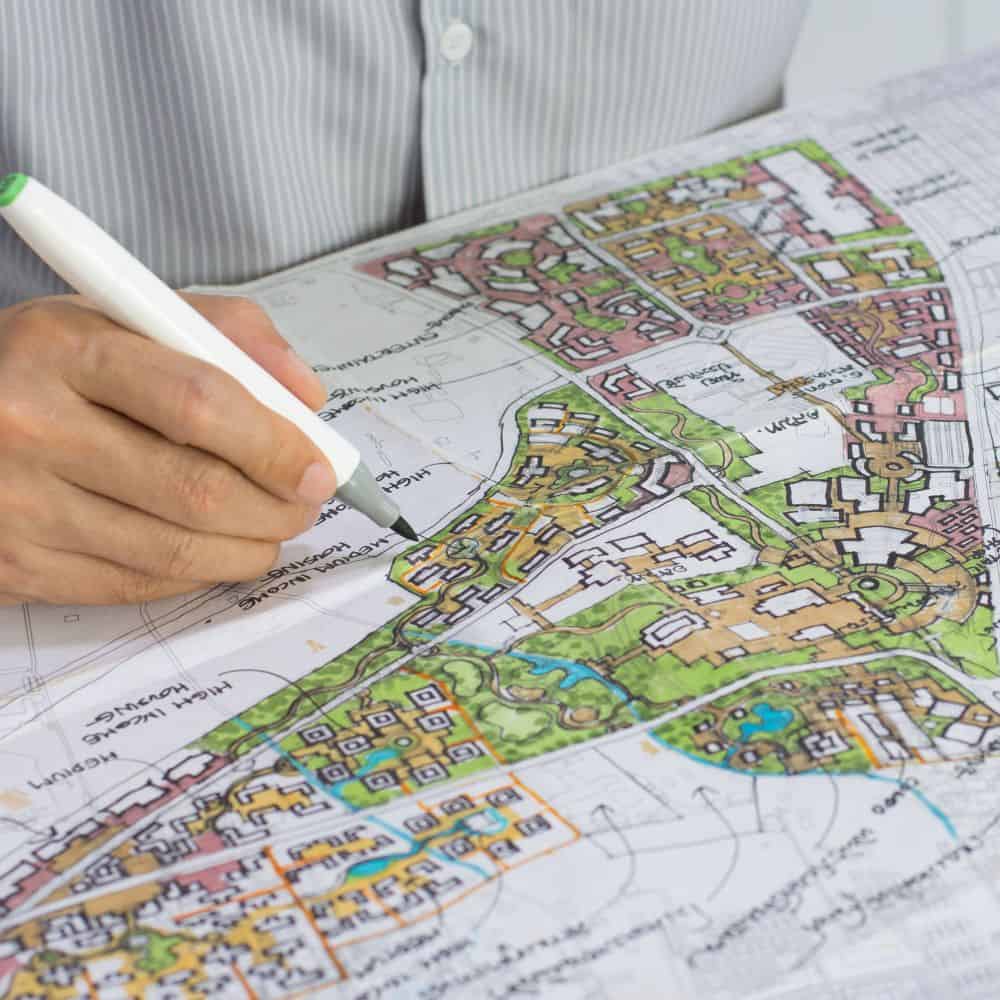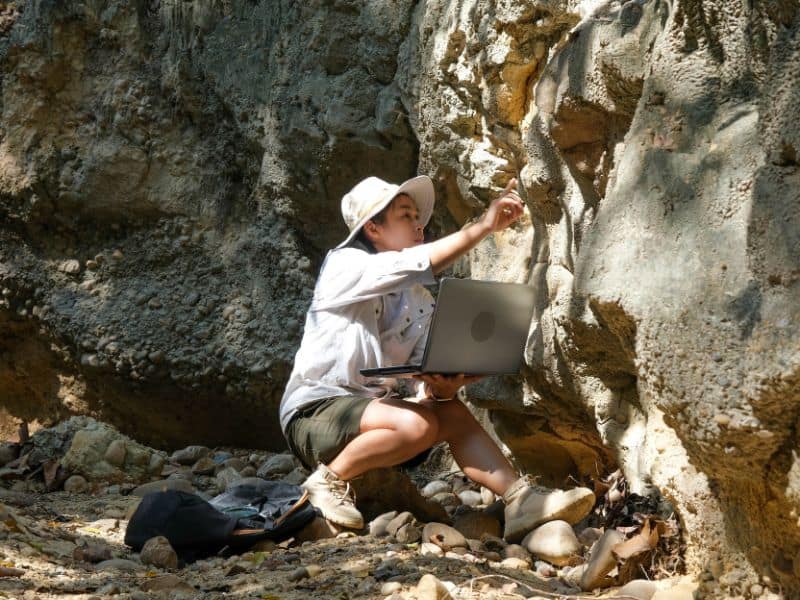‘Green skills’ is an umbrella term for the knowledge, behaviours, capabilities and technical skills required to tackle the environmental challenges we face and to unlock new opportunities for growth.
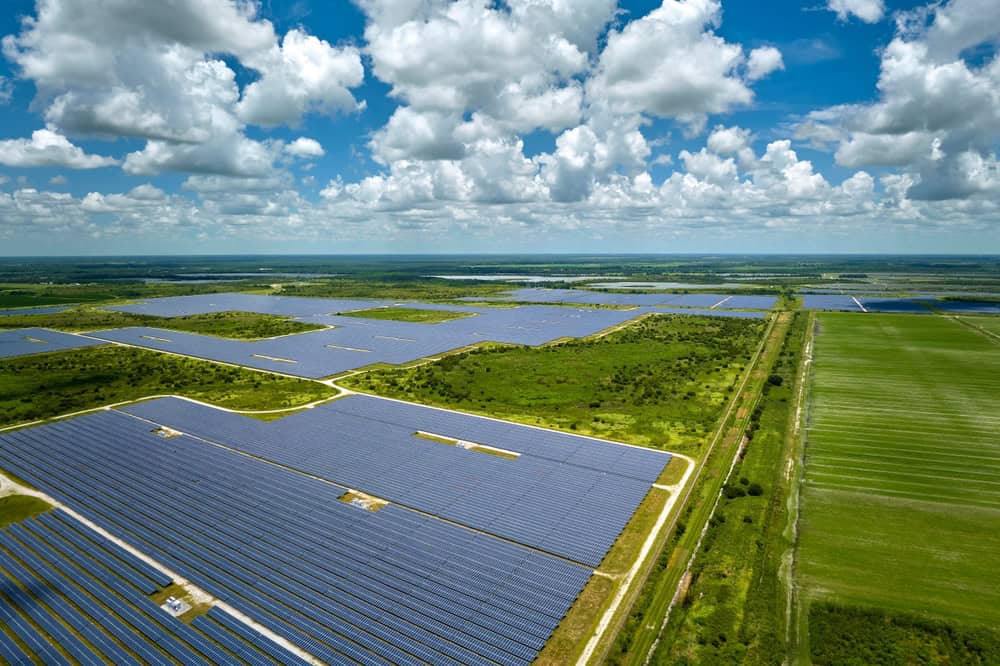
Green skills are in demand
The ISEP 2025 State of the Profession Report highlights that certain skills and competencies will become more critical. This includes data literacy and technology proficiency (including AI) and systems thinking and interconnectivity. In addition, the following transferable skills are cited:
- communication, influencing and stakeholder management
- change management and partnership building
- resilience and adaptability.
The 2025 Future of Jobs Report from the World Economic Forum highlighted that demand continues to outpace supply.
Everybody needs green skills
It is evident that certain roles can easily be defined as green, but to ensure that all jobs are greener, everyone will be required to apply green skills in their role. A report by ISEP and Deloitte, A Blueprint for Green Workforce Transformation, identifies four shifts in the transition to a green economy.
Expansion of skills and scope in existing specialist sustainability roles
Increased need for green skills in non-specialist roles
Transition of workforces from unsustainable sectors to new roles
Demand for green skills in new green sectors and organisations
Breaking down green skills
When we talk about skills, it is important to differentiate between technical and transferable skills. Here are some examples.
Transferable skills
Transferable skills are referenced throughout the Green Careers Hub, and these are the skills that can be applied across a wide range of jobs. Examples here could include strategic thinking, project management, decision-making, leadership, and effective communication.
Transferable skills, often referred to as soft skills or employability skills, can be applied through formal study and training, but are often developed throughout a career.
According to a 2024 report, “Only 8% of sustainability professionals now consider technical skills more important than soft skills”.
Technical knowledge
Technical knowledge is specialised and specific, often required to perform certain tasks or jobs. Examples here could include an understanding of health and safety, environmental auditing, tree harvesting, and teaching.
Technical skills are often learnt through formal study or training, but can also be learnt on the job.
The 2025 World Economic Forum Future of Jobs Report talks about the need for the following core skills across the economy: analytical thinking, resilience, flexibility and agility, leadership, adaptability and collaboration.
The ISEP Sustainability Skills Map
ISEP’s Sustainability Skills Map sets out the knowledge and skills required of sustainability professionals at all stages in their career, including transferable skills. Through engagement with members and employers, we identified 13 knowledge and skill areas that are key for high performing environment and sustainability professionals. The Associate, Graduate, Practitioner, Full and Fellow Membership Standards describe in detail what a member at each grade is expected to know and be able to do.
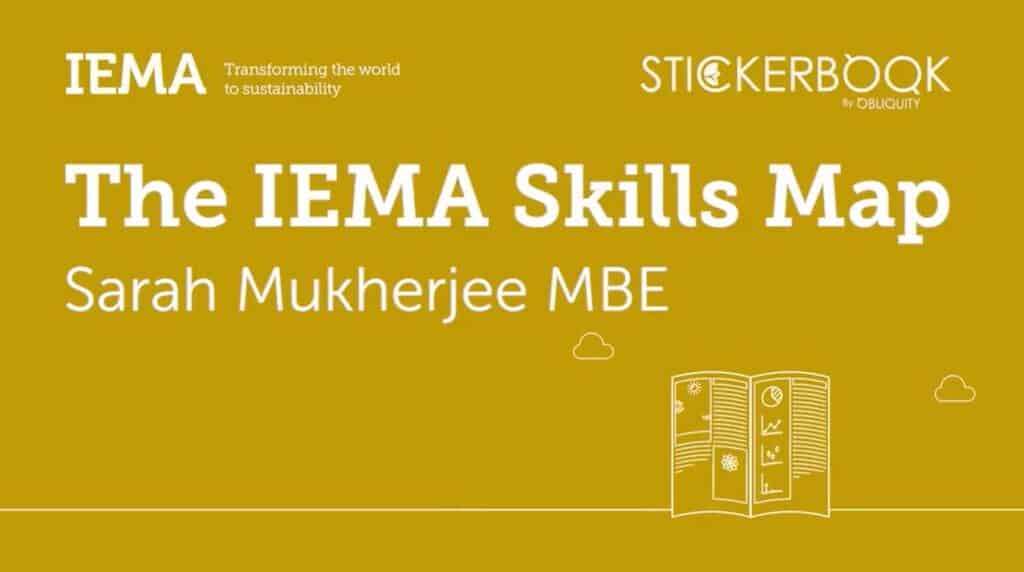
The Energy Skills Passport
This is a new digital platform designed for professionals across the energy sector. Designed to let you transfer your skills with ease, the Energy Skill Passport can help you plan and develop your energy career. Showcase your expertise, verify your qualifications, and create new career opportunities across oil, gas, and renewable energy sectors.
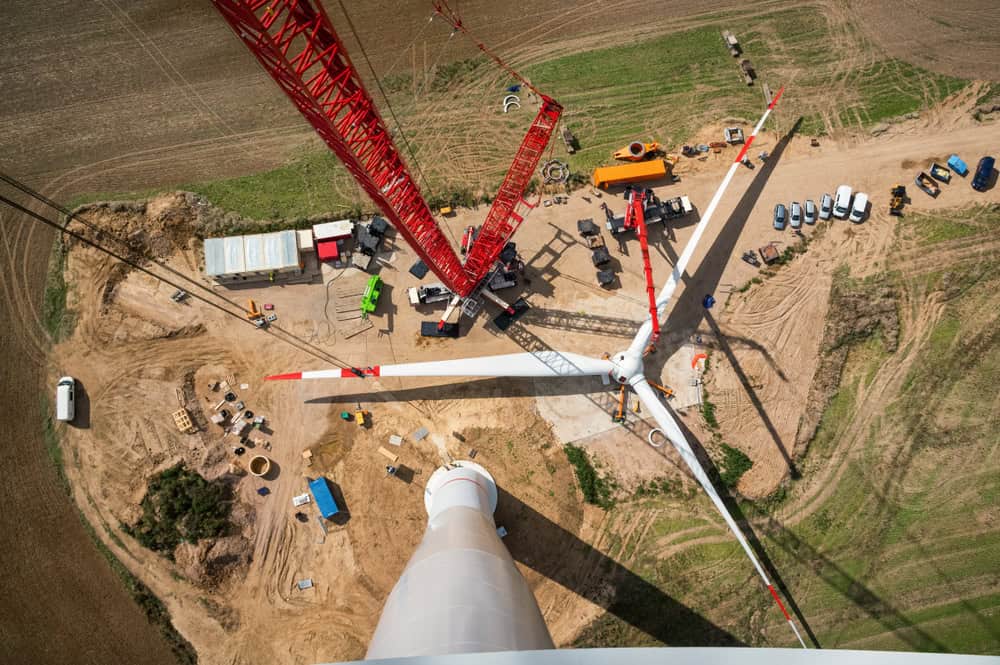
Case study: Climate-KIC
Climate-KIC’s innovative training approach advances the complexity mindset and systems thinking required for the advancement of sustainability . Using a mix of collective learning and practical skills building, they run masterclasses and courses designed to give people the capabilities and tools needed in order to rapidly address the climate crisis.
By creating a community open to reflection, learning from one another, and adopting new ways of thinking, Climate-KIC are facilitating a vital shift in approaching the problem solving required to secure a sustainable future for us all.
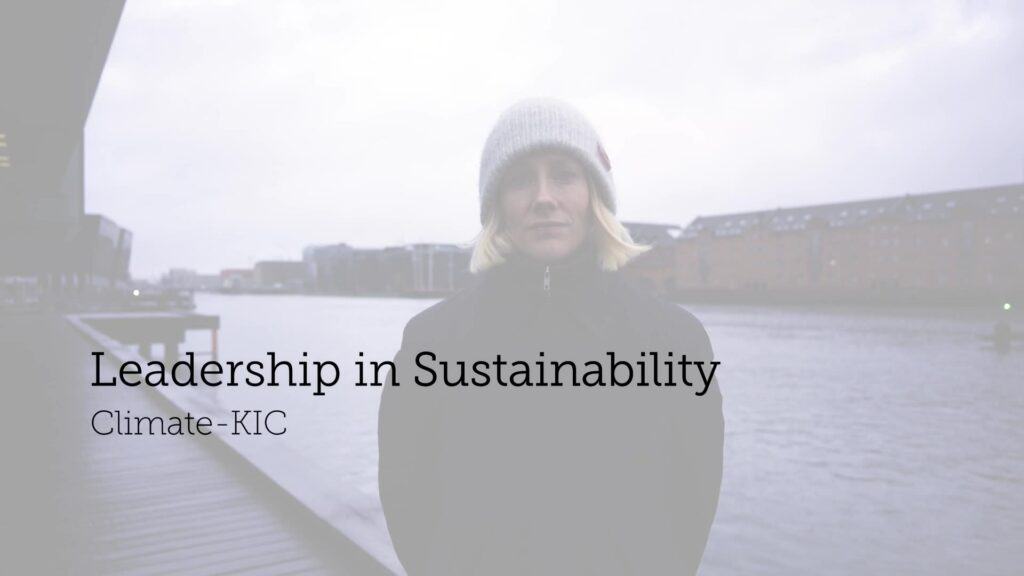
Created by

ISEP is the membership body for environment and sustainability professionals
